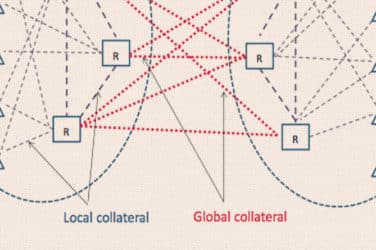
Kx Systems, whose kdb+ financial database which has been a widely adopted technology in financial services space, particularly in trading and risk management, is more firmly becoming a general-purpose database software provider in situations where high volumes of data need to be quickly computed.
“The fact that we’ve been in finance for so long is a fantastic reference for us because we’re seeing in lots of other areas they’re a long way behind what finance is doing,” Simon Garland, chief strategist at Kx Systems, told Markets Media. “We’ve started talking more about the sort of things we’ve been doing for years, and often people haven’t even realized they could be doing already.”
Kx Systems is expanding beyond its core financial services base into other verticals that place a premium on number crunching, such as pharma and utilities.
In the 15 years since the introduction of kdb+, Kx Systems has “earned a well-deserved reputation in the financial services market,” according to a report by Bloor Research. “That, in itself, speaks volumes: hedge funds and other financial insti¬tutions have been processing ‘big data’ since before the term came into common parlance and Kx Systems has been a leading provider to that market.”
According to Bloor Research, the company is well placed to exploit the capabilities of kdb+ in other big data markets and has already started to make inroads. “Our view is that Kx Systems has built a platform that makes it ideal for many big data analytic requirements,” said the report.
In utilities, for example, companies have traditionally collected meter readings via readers calling at the door or, more recently, by customers posting their own readings online. However, with smart meters collecting data more frequently, the amount of data to be processed in such queries is beyond the scope of tradi¬tional databases, especially when low latency queries are required.
kdb+ enables businesses to capture structured, time-series data, such as tick data. It also allows analytics to be run directly on the data, instead of requiring that they be shipped out, analyzed, and then loaded back in.
“What used to be just a collection of tapes in a warehouse in New Jersey is suddenly being called the big data store, but they’re only beginning to realize that having the data available to them is not the end of the project,” said Garland. “It’s just the very, very beginning.”
The first thing to do is determining if the data any good. “You need to clean up decades and decades of data and then, when you’ve done that, you can begin to analyze it, but then you have to work out how that data is going to be used,” said Garland. “It’s no good having fantastic bar charts and graphs flashing all over the place and on your iPhone but you have no way to react to it.”





